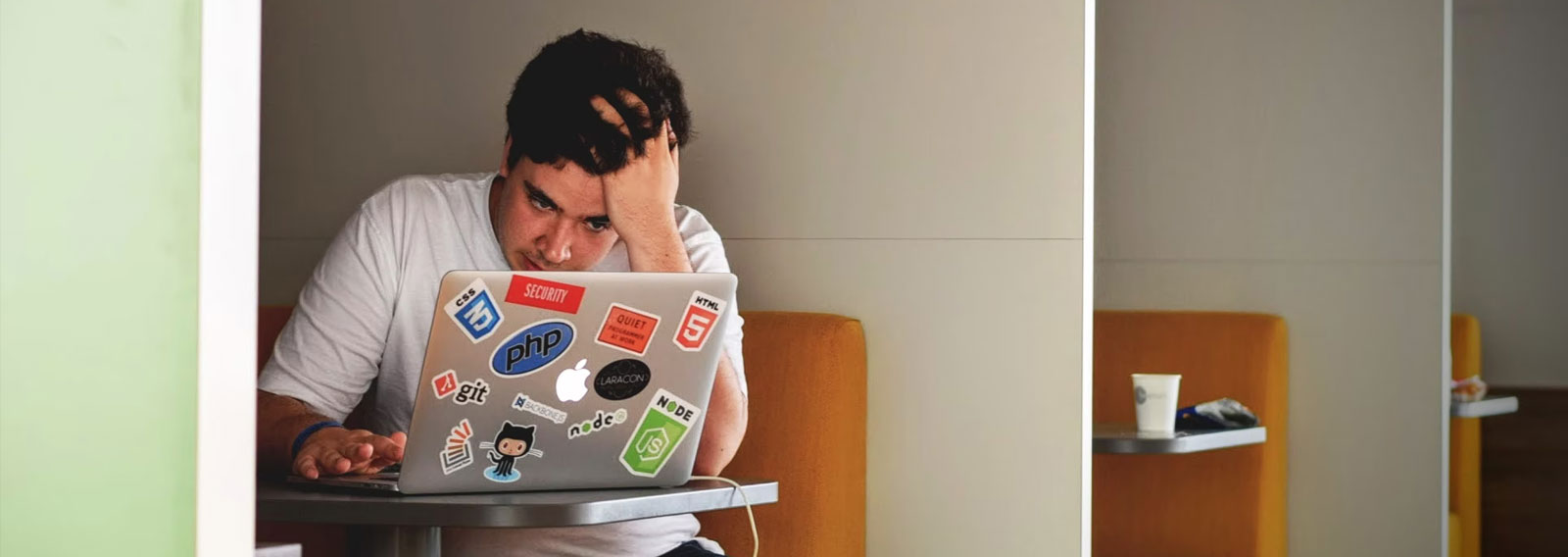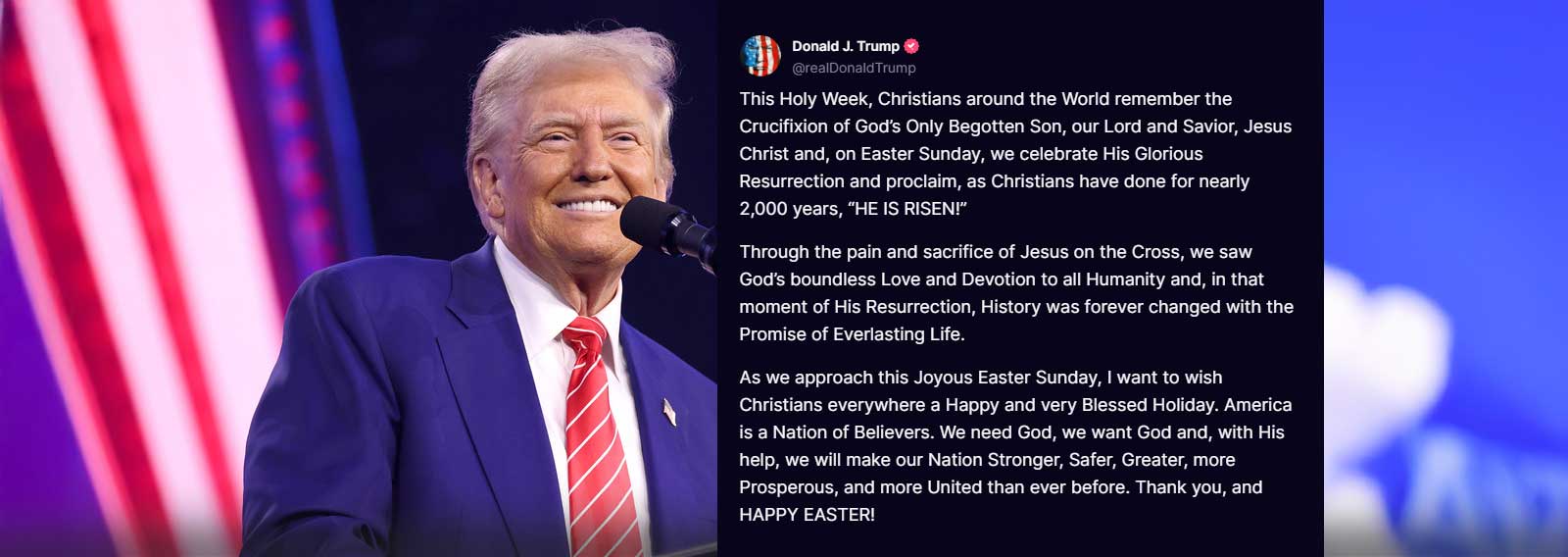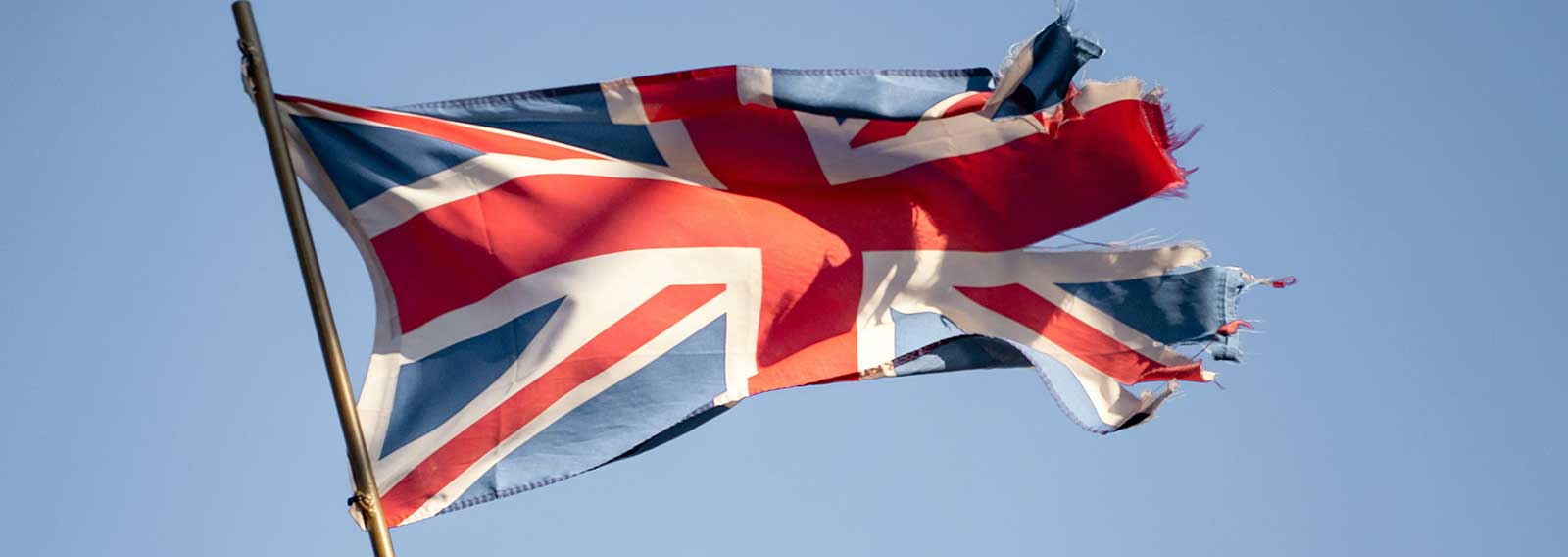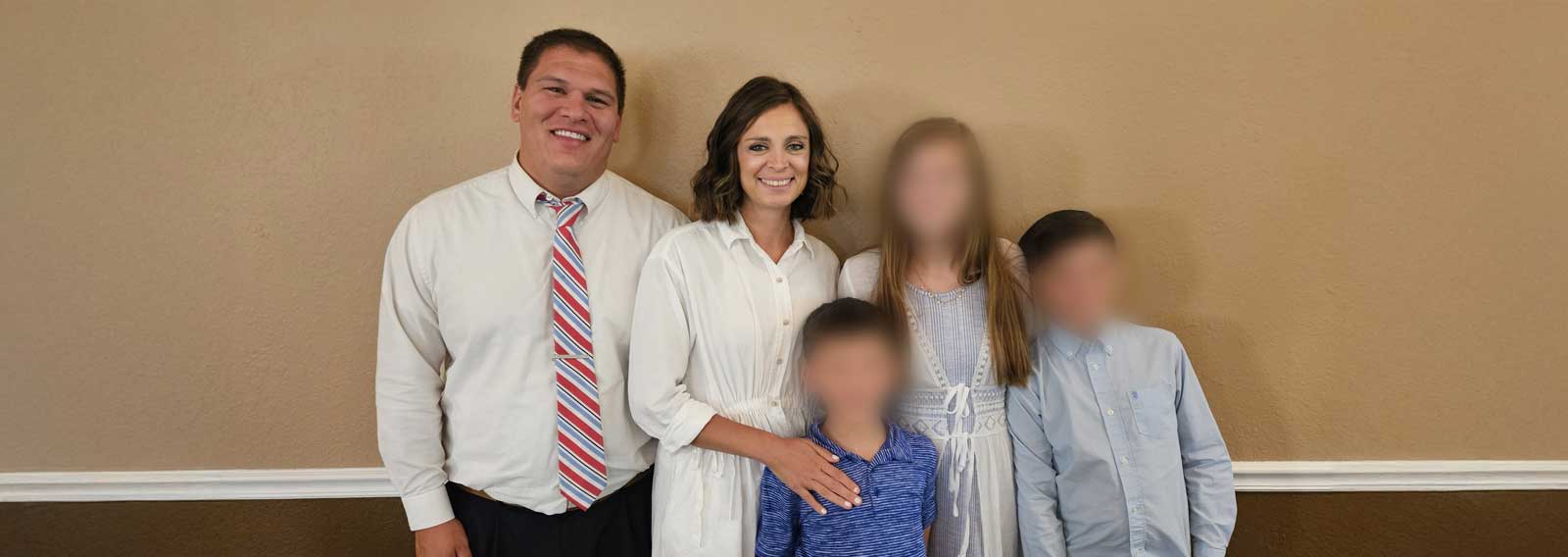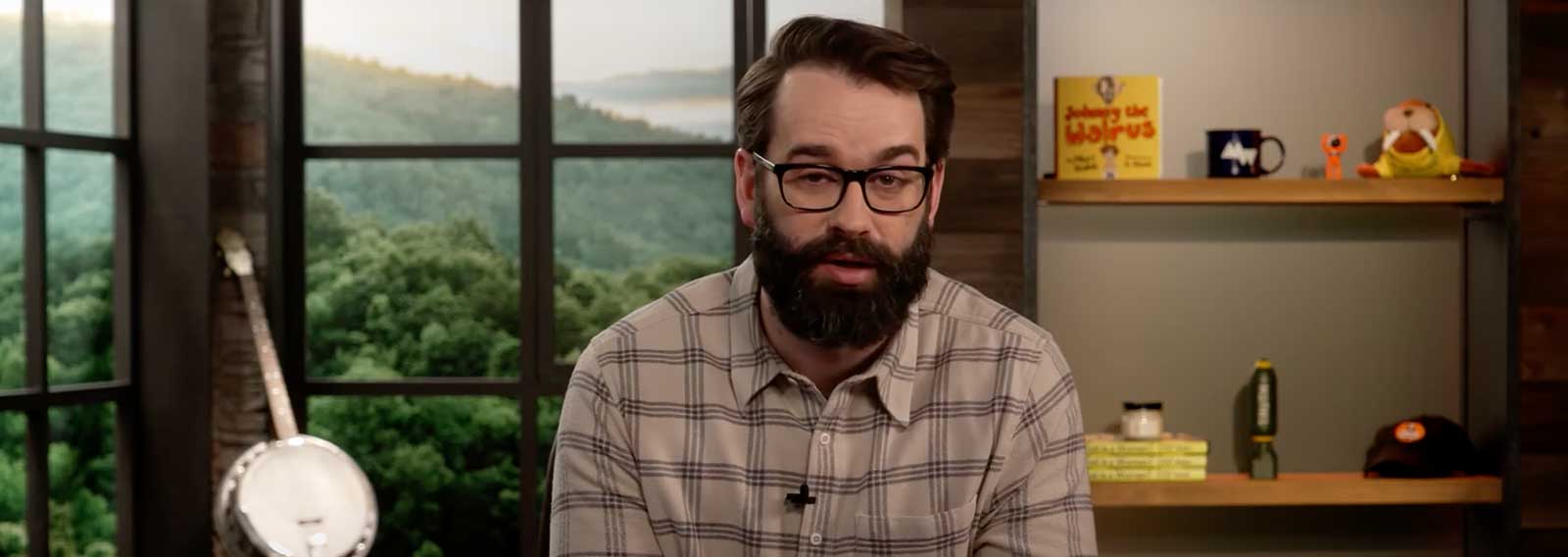We live in an age of information overload, and with things like the internet, we have zillions of people saying zillions of things all the time. Some of it is true, some of it is suspect, and some of it is just plain false. But how can we determine this?
None of us are experts in everything. We don’t have time to do fact-checks on all that we come across. But we do not want to turn into complete sceptics either, believing in nothing and committing to nothing. So how might we proceed here? How can we have access to more or less reliable information, and be able to discern what is not?
For example, in one class I was teaching, a person started going on about how abortion could be an important tool, especially in overseas countries. When I pressed her a bit, it seems her information was coming from sources such as the UN. I told her that various groups are often pushing agendas, and we need care in what we hear or read from them.
That is, we must not be naive. Christians of course should know this. Because we live in a fallen world, we are all sinners with an orientation away from God and toward sin and selfishness. That means we all have an orientation away from truth and toward lies. We are all capable of being hoodwinked.
We can so easily be lied to, deceived, led down a garden path, and sold a bill of goods. That is life in this fallen world. Misinformation, falsehoods and deception abound. And that goes for groups, for professions, for governments, for educational bodies, and so on.
One might think we can trust, say, doctors and scientists. But just because one wears a white lab coat that does not mean they are free from bias, from agendas, from prejudice, and from being bought by the highest bidder. Scientists can be as easily corrupted or coerced or conned as anyone else.
So where does that leave us? Well, there are two obvious extremes to avoid. We must guard against gullibility, naivety and total unquestioning trust in others. We are to test all things. We are to prove that which is right. We are to examine things and check things out. More on this in a moment.
But as mentioned, the other extreme is to end up in complete scepticism and doubt. Given that we can have very little complete certainty about most things, we can easily succumb to paranoia and unnecessary suspicion: ‘Hmm, is that woman who claims to be my mother really my mother?’
But no one can live with complete doubt about everything. Complete scepticism is just not sustainable. Often we just have to trust others. Often we cannot empirically verify things ourselves. Sometimes others cannot either. For example, up until recently (when we finally sent rockets to the moon) we had no actual empirical proof that the dark side of the moon existed.
We could infer its existence from the evidence that we did have, just as we do in so many other areas. None of us alive today for example were around 2000 years ago. Can we really be certain that Caesar lived back then or Jesus? Plenty of historical evidence suggests that they did, but there are so many things that we cannot get first-hand proof of.
I cannot even prove to you that the chair I am now sitting on will support me through the writing of this piece. It could collapse at any time. Yes there is a high degree of probability that it will do its job, but I cannot prove that 100 per cent.
Thus so much of what we take for granted in life, we do with a degree of faith. We lack complete certainty about so many things. But we still can function. Having a guarded trust, coupled with reasonable doubt, will usually suffice. Generally, I can trust that a food product bought at a major grocery store is not going to give me food poisoning. That may be less certain if I am out in some third world nation at a street food vendor.
But today with the internet we do have so much info flooding in and overwhelming us. So how do we know what to believe? Yes, there will always be some real conspiracy theorists and nutters out there. But often what is labelled that is just a case of warranted doubt and questioning. Sometimes these tinfoil hat types end up being right.
The entire Covid narrative and all that goes with it is a clear case in point. There are so many unanswered questions. How did this thing arise in the first place? Just how dangerous is it? Are governments complicit in it? Is Big Pharma all sweetness and light here, or should it be forced to answer some hard questions? Why are some cures and therapies being suppressed? Why are certain points of view being censored?
I have been asking such questions for nearly two years now. We may not get to the bottom of all this for many years to come. But it is utterly imperative that folks do ask hard questions here. There is far too much at stake to just be brainless sheeple, going along with whatever the ever-expanding state tells us. That in fact is a very dangerous place to be in. That is how tyranny easily develops.
Indeed, at times like this it is all the more important that we do not just buy the narrative nor willingly drink the Kool-Aid. We all must do our own investigating, do our own research, and keep on asking questions. Sure, knowing where to turn for info is not always clear, and some sources are better than others. But we must not just allow ourselves to be zombies here.
One thing we can be certain about: relying on the mainstream media here is almost useless – probably even harmful. In so many ways it has become an absolute waste when it comes to getting real news. Propaganda has usually replaced real reporting of news. That is why the various alternative media outlets may be a much better place to start with.
Let me finish with some words from a recent Douglas Wilson piece that I have quoted from before. I think he is onto something here, and what he says is worth repeating:
Someone will say that I am no medical researcher, and so I should just let the experts decide. And I would be quite willing to do that if the powers that be would allow all the experts to talk.
It is quite true that I am no medical researcher, but I am a student of human nature. And I know that in a debate, the side with a weak hand doesn’t really like it when the other side gets to talk. They don’t have answers to hard questions, and so they resort to the expedient of banning the hard questions. They don’t have answers to hard questions, so they like to arrange it so that they don’t have to answer any hard questions. Win win.
With the apostle Paul, I am out of my mind to talk this way (2 Cor. 11:21), but also like the apostle Paul, you have forced me to it. I am the co-author of two logic textbooks, one of which has sold northwards of 100K copies. I know what a fallacy is. I know what you all are doing. I know that circles aren’t squares, I know that wet streets don’t cause rain, and I know that you only discredit the integrity of your own position through prohibiting an actual debate. In a situation like this one, to refuse to debate is to forfeit the debate.
And in the debate over COVID, the establishment view has forfeited the debate.
You tell me that because I am no scientist, I don’t know which side has the information and which has the misinformation. No, but I know which side won’t let the other side talk. I know which side is appealing to arguments and which side is appealing to the form of reasoning known as “shut up, they explained.” I do know that.
We can see what you are doing, you know. It is kind of noticeable. You have a governmental/media propaganda machine that is working on all cylinders, and you shut down any effective dissenters, and then, having done so, you claim that no one dissents from the scientific consensus. But anyone who uses the phrase scientific consensus in that way doesn’t have a clue when it comes to what science actually is. Science is not the holy mother church, with an index of prohibited books.
Another bad thing that censorship does is feed and reinforce wild conspiracy theories….
At the very least, some of the rather simple – perhaps simplistic – memes making the rounds on the social media seem to have far more truth and are more reliable than so much of what we are getting from our politicians, unelected health bureaucrats, and lamestream media.
At least they ask the hard questions. At least they might get us to think a bit. Just a few can be mentioned here. Zuby (a British rapper and conservative Christian commentator) has had a lot of tweets that make you think. Here is one of them:
“Imagine releasing a product that doesn’t properly do what you promised it would do… and then blaming the malfunction on people who did not purchase said product… whilst telling those who bought it that they must buy it again every few months.”
A recent Paul Joseph Watson meme also should make us think: “We’ve reached the point of governments enforcing a mandatory medical procedure and proof of compliance to allow you (not even to any true extent) to merely exist as you did before. If you don’t realise that this is your line in the sand, your ‘hill to die on,’ I can’t help you.”
Another meme making the rounds says this: “The people on the ‘right side of history’ are usually fighting for freedom and liberty, not censorship and reeducation camps.” And my social media friend Glenn Christopherson keeps turning out insightful posts:
I keep being told to stop asking questions and just trust the science. Trust the science? Well, first of all there is no monolithic, infallible entity called “the science”. There are only scientists. Fallible human beings who sometimes agree and sometimes disagree on certain theories. Humans who are just as able to be bribed, coerced and manipulated as anyone else.
Tyrants throughout history have claimed “the science” was on their side to justify their lust for power. And compromised scientists have been politicised to add their voices to slavery, antisemitism and other wicked ideologies.
So, no, don’t trust “the science”. That’s not how science works. Genuine science operates through questioning, challenging and testing; not by blindly trusting what some control freak of a politician tells you is “the science”. Me? I trust Jesus Christ. I trust His word. I trust His character.
But I do not unquestioningly trust any mere human (even myself). And I certainly do not trust any “science” so called that slanders, vilifies and persecutes genuine inquiry. Climate change, gender confusion, cancel culture, the huge push for mandatory medical procedures etc are all being propagandised way beyond any genuine science involved.
“Trust in the LORD with all thine heart; and lean not unto thine own understanding. In all thy ways acknowledge Him, and He shall direct thy paths. Be not wise in thine own eyes: fear the LORD, and depart from evil.” –Proverbs 3:5-7
Yes, none of these folks are ‘scientists’ or ‘doctors’. But sometimes ordinary folks with ordinary common sense are to be preferred over the ‘experts’. In addition to what Wilson said above, I always like how William F. Buckley put it decades ago: “I’d rather entrust the government of the United States to the first 400 people listed in the Boston telephone directory than to the faculty of Harvard University.”
One meme which says “Always do the opposite of what the government says” is obviously going too far. But the way things are heading, there is an element of truth in that. In sum, sometimes we just need to exercise some very real doubts about what our leaders, authorities and experts are telling us. That may be the first step in finding certain truths.


